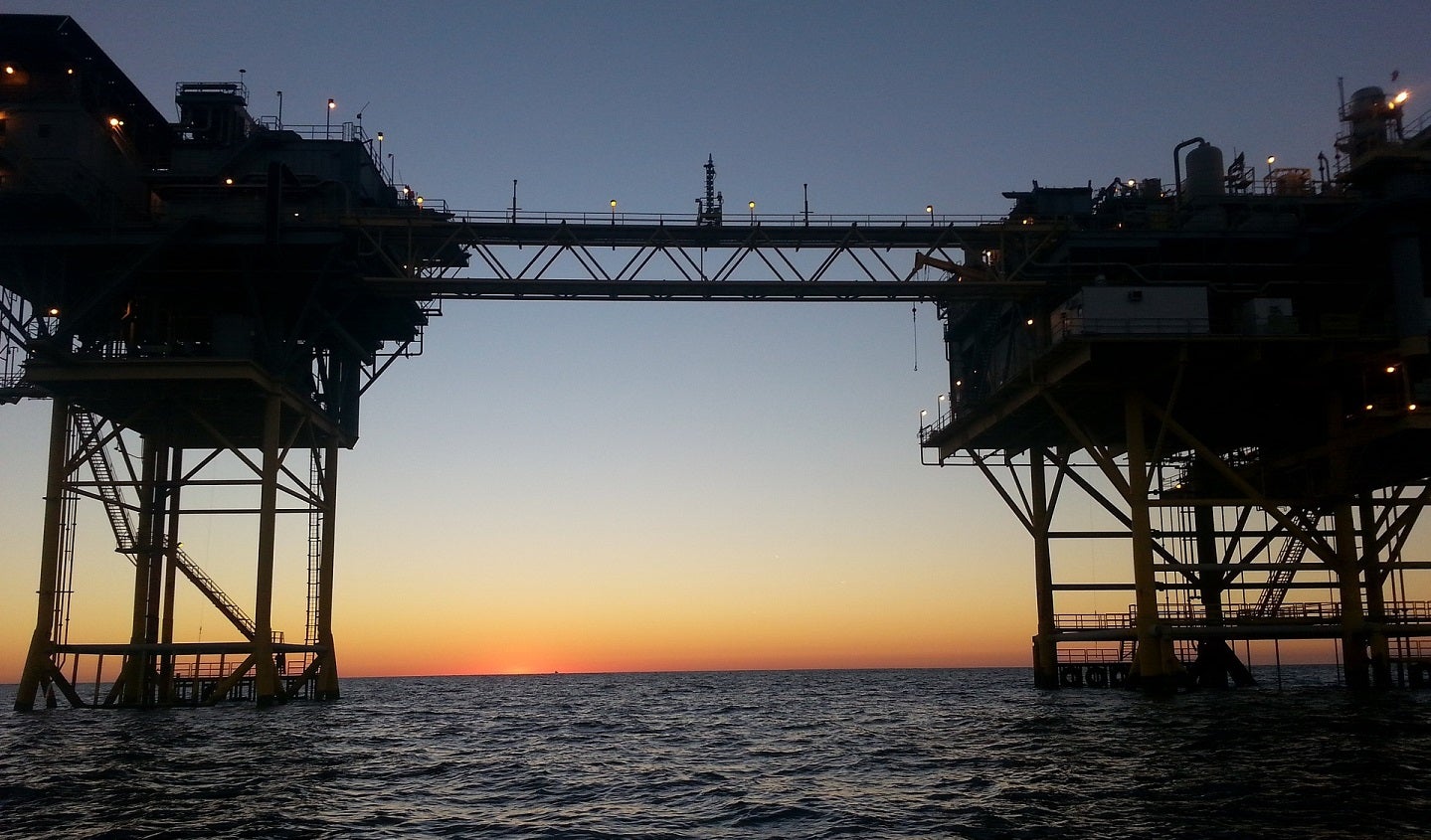
Europa Oil & Gas, a UK and Ireland-focused exploration, development and production company, has announced the extension of Phase 1 of its FEL 4/19 licence in the Slyne Basin offshore north-west Ireland.
The Irish Government’s DECC has consented to prolong the phase until 31 January 2026.
The extension is a strategic move for Europa Oil & Gas, which plans to utilise the additional time for conducting further technical studies.
Moreover, the company aims to attract a partner to progress the development of the licence, which is 100% owned by Europa Oil & Gas.
In October 2023, the company announced its decision to seek an extension for the initial phase of the FEL 4/19 licence due to the enhancement observed in the 20Hz reverse time migration data.
The company said there is anticipation that refining the subsurface imaging can be achieved through reprocessing the data at 30Hz.
How well do you really know your competitors?
Access the most comprehensive Company Profiles on the market, powered by GlobalData. Save hours of research. Gain competitive edge.

Thank you!
Your download email will arrive shortly
Not ready to buy yet? Download a free sample
We are confident about the unique quality of our Company Profiles. However, we want you to make the most beneficial decision for your business, so we offer a free sample that you can download by submitting the below form
By GlobalDataEuropa CEO Will Holland said: “I am delighted that our application has been granted and that we can continue with further technical studies of the licence and seeking a project partner.
“FEL 4/19 contains the large 1.5tcf [trillion cubic feet], low-risk Inishkea West gas prospect, which is a strategic asset that can potentially provide a reliable source of low-emission energy for Ireland and play a key role in the transition to renewable green power.
“Given the proximity to existing infrastructure, a discovery at Inishkea West could be brought online quickly and would reduce Ireland’s reliance on imported gas. Domestic gas from Inishkea West would have significantly lower carbon emissions than imported gas from the UK, Norway or further afield.”



